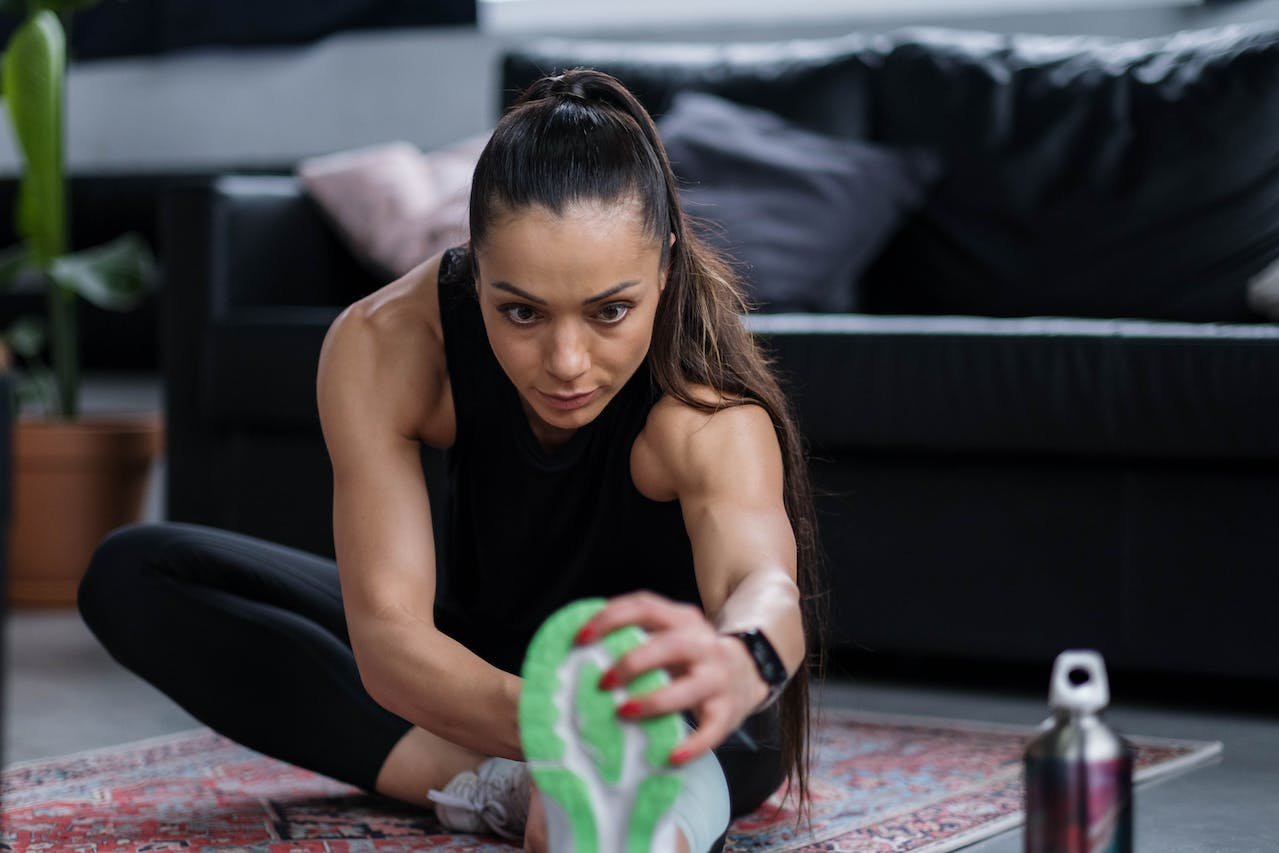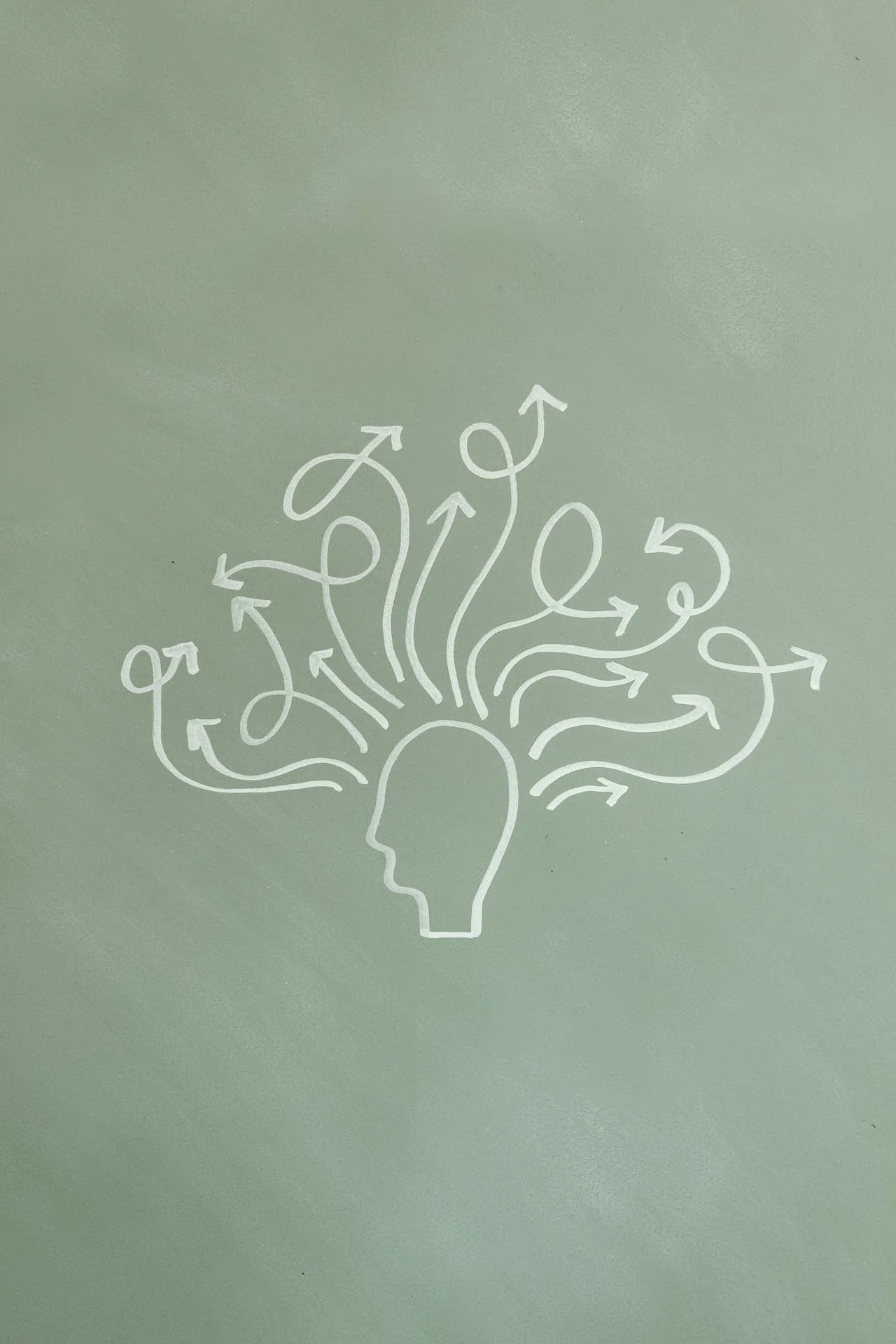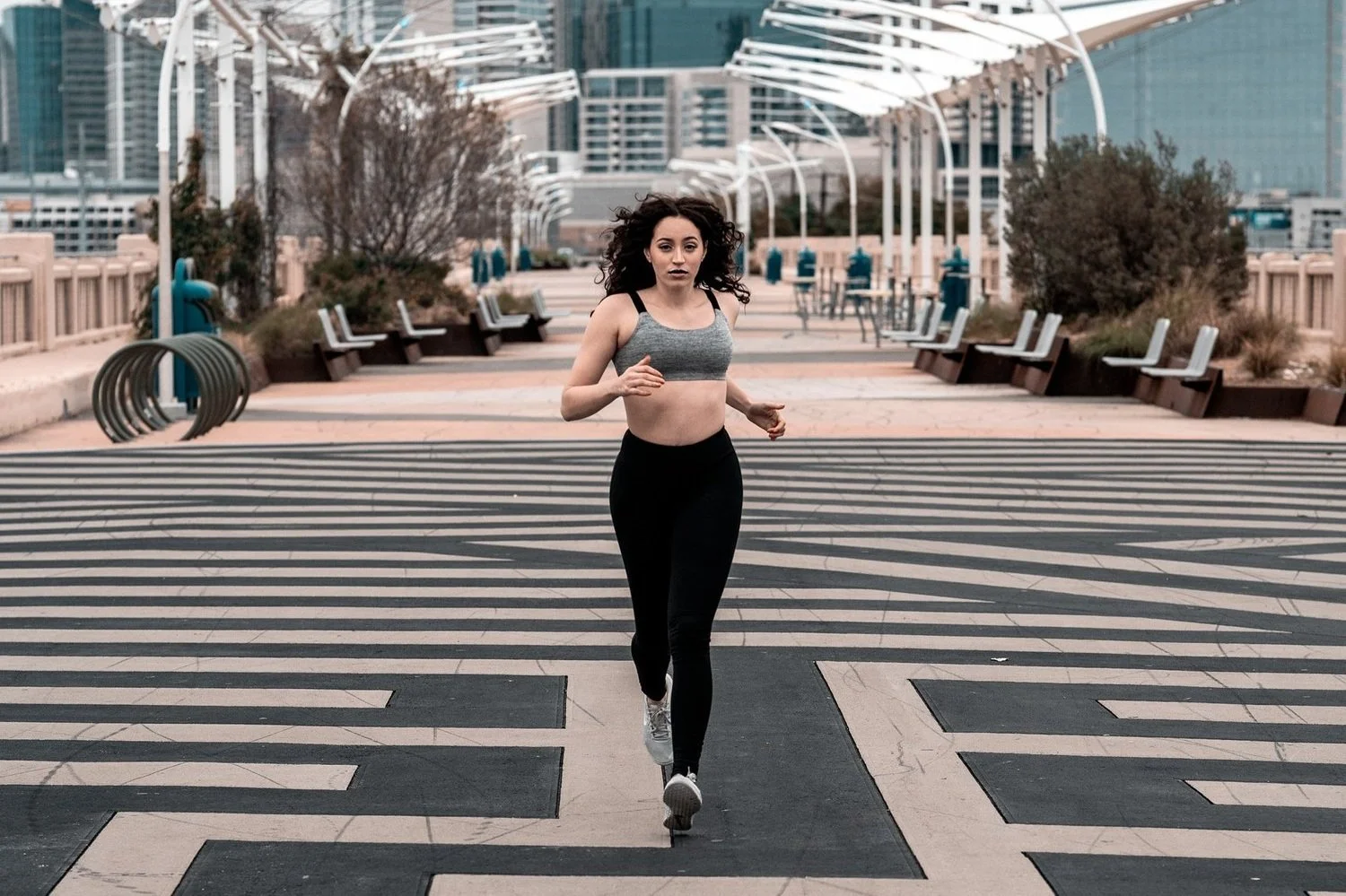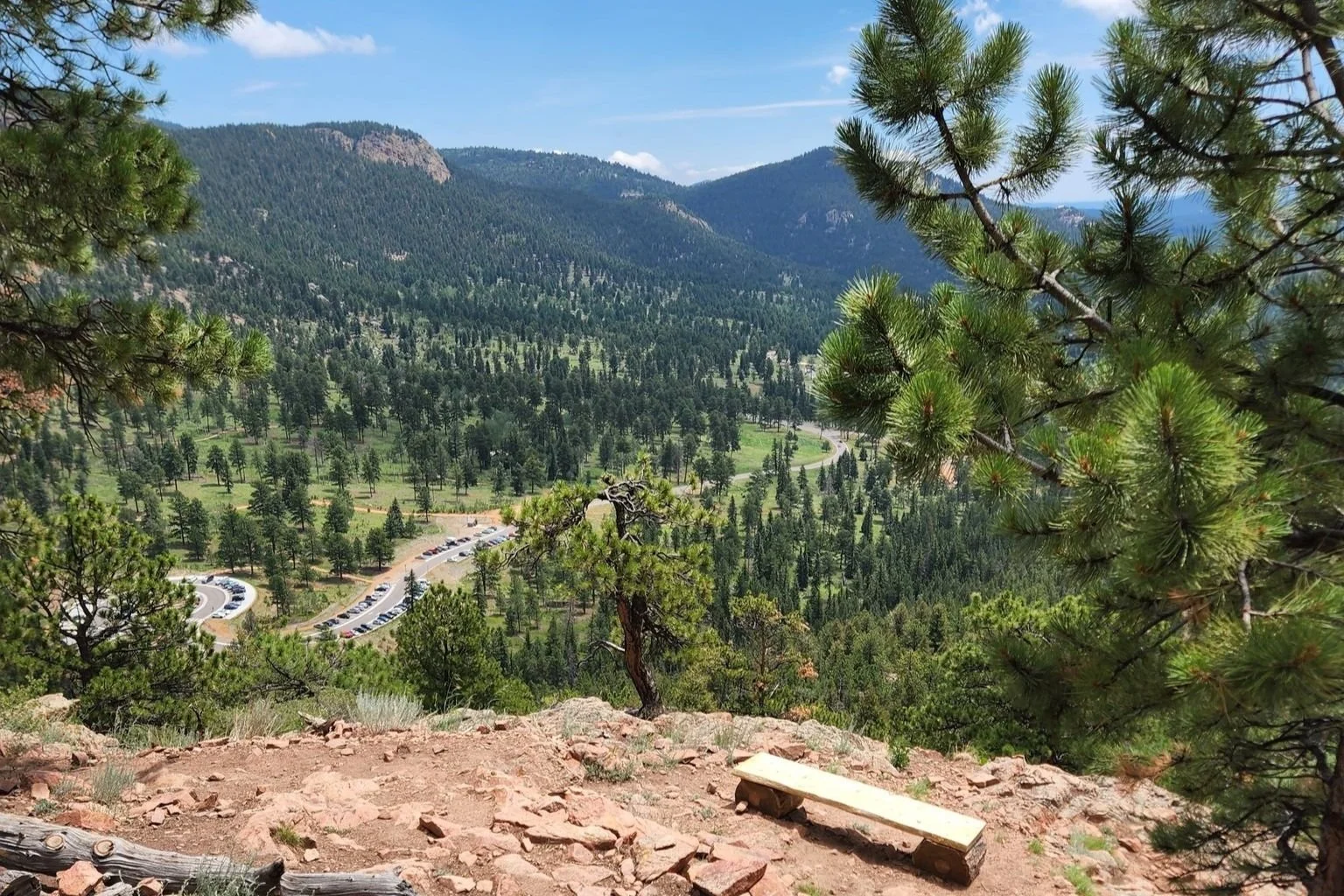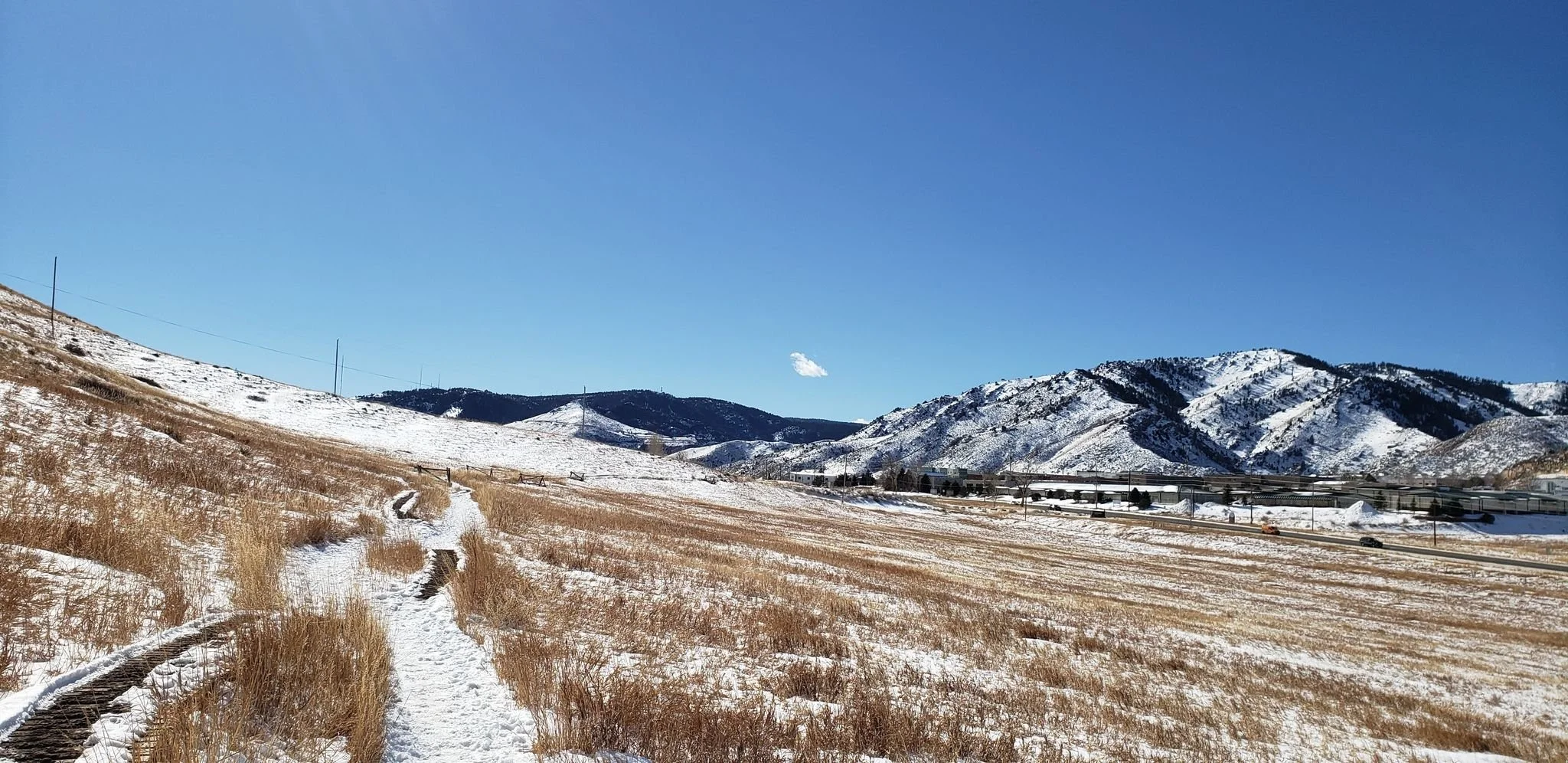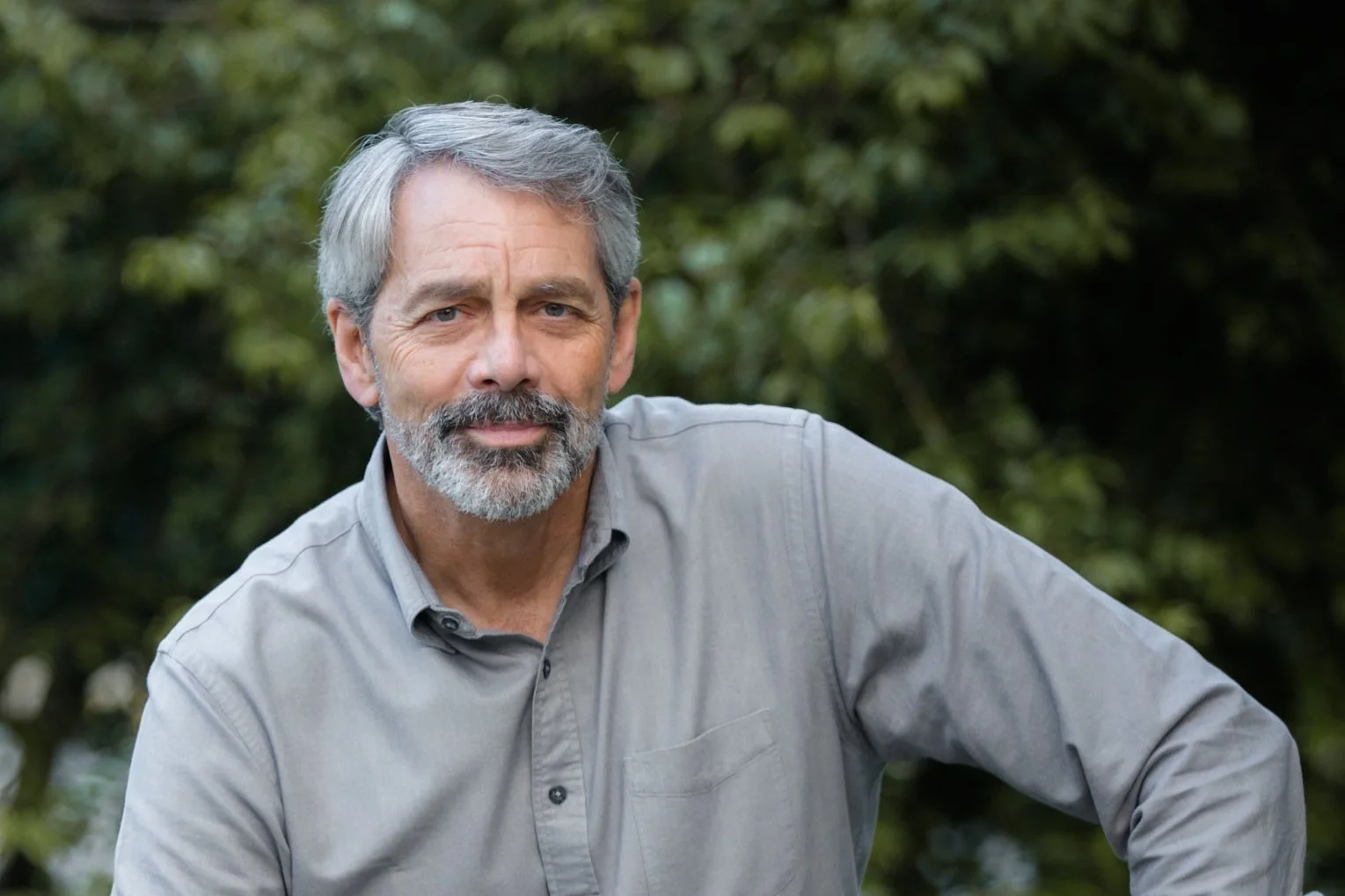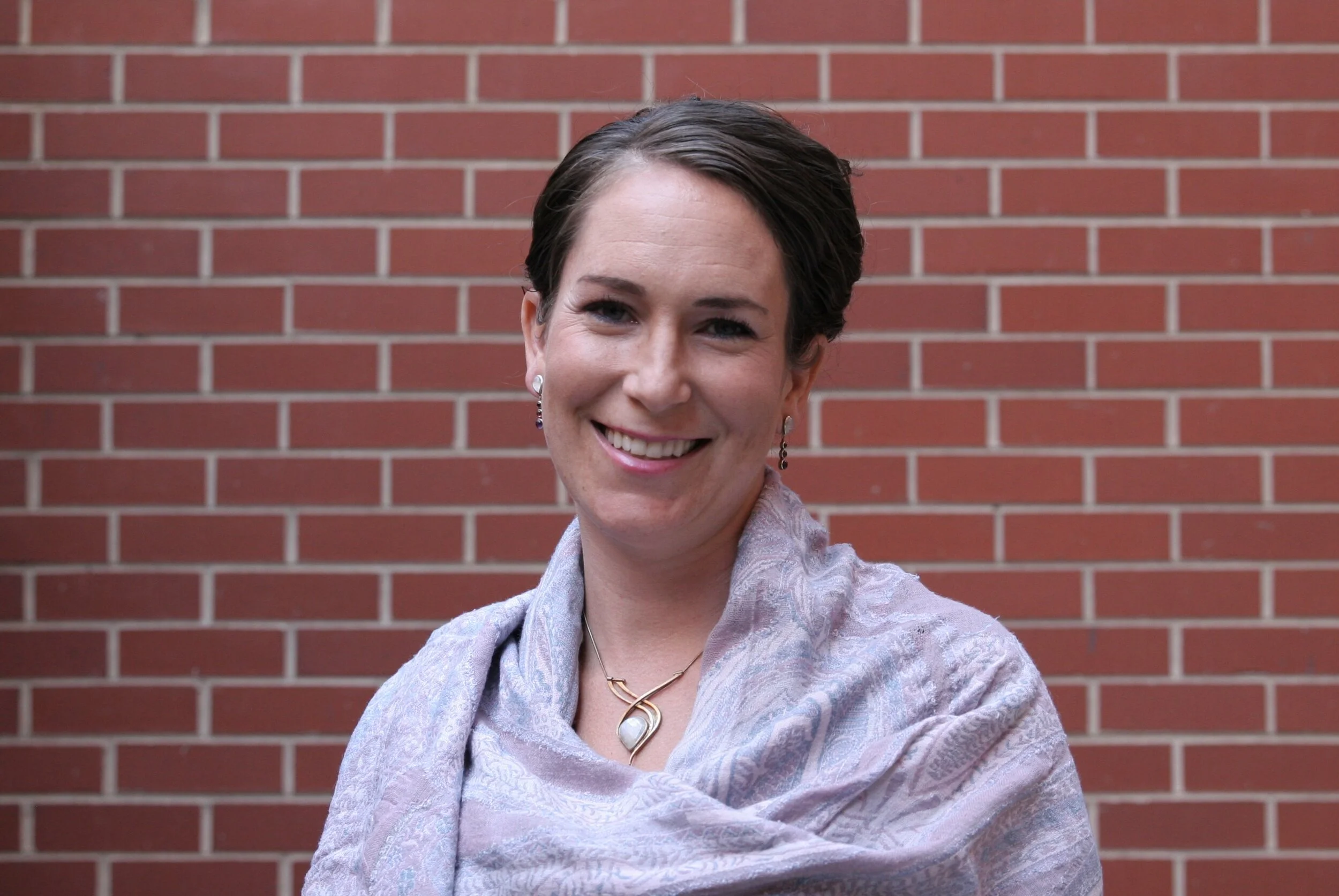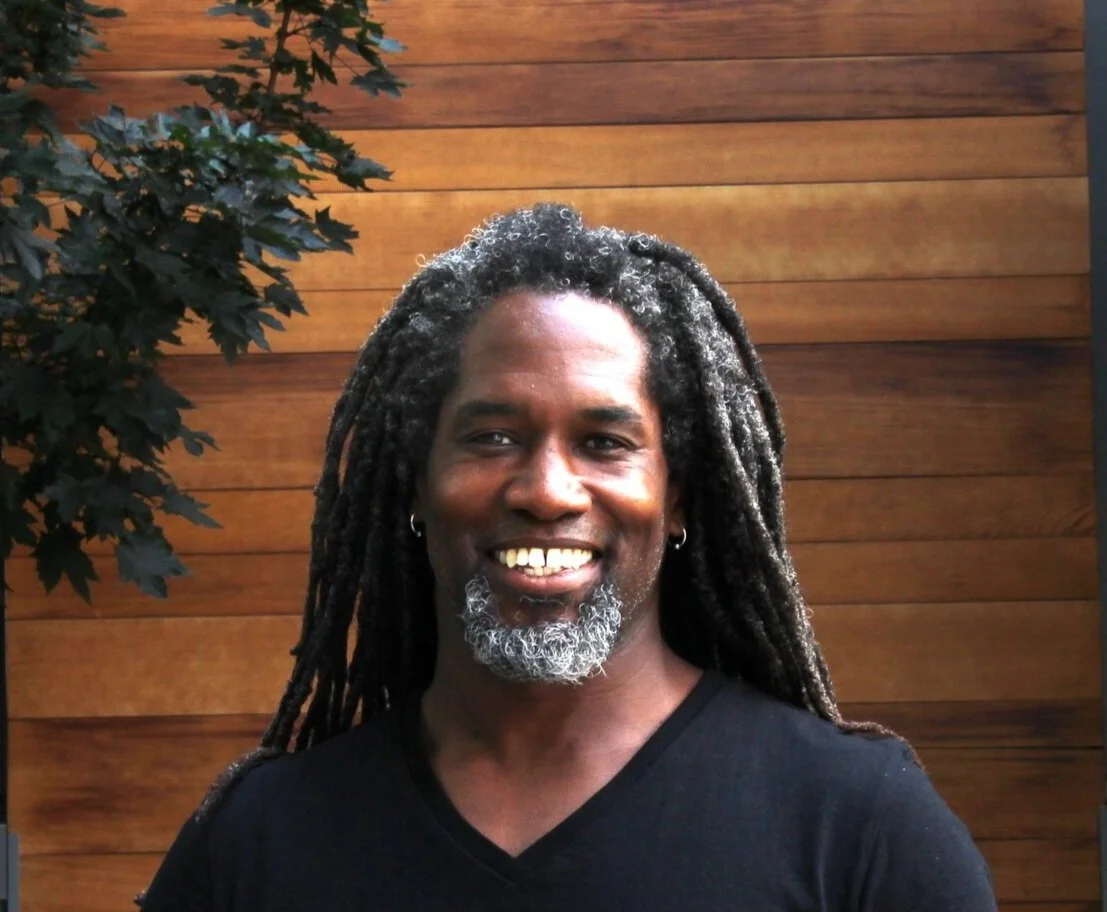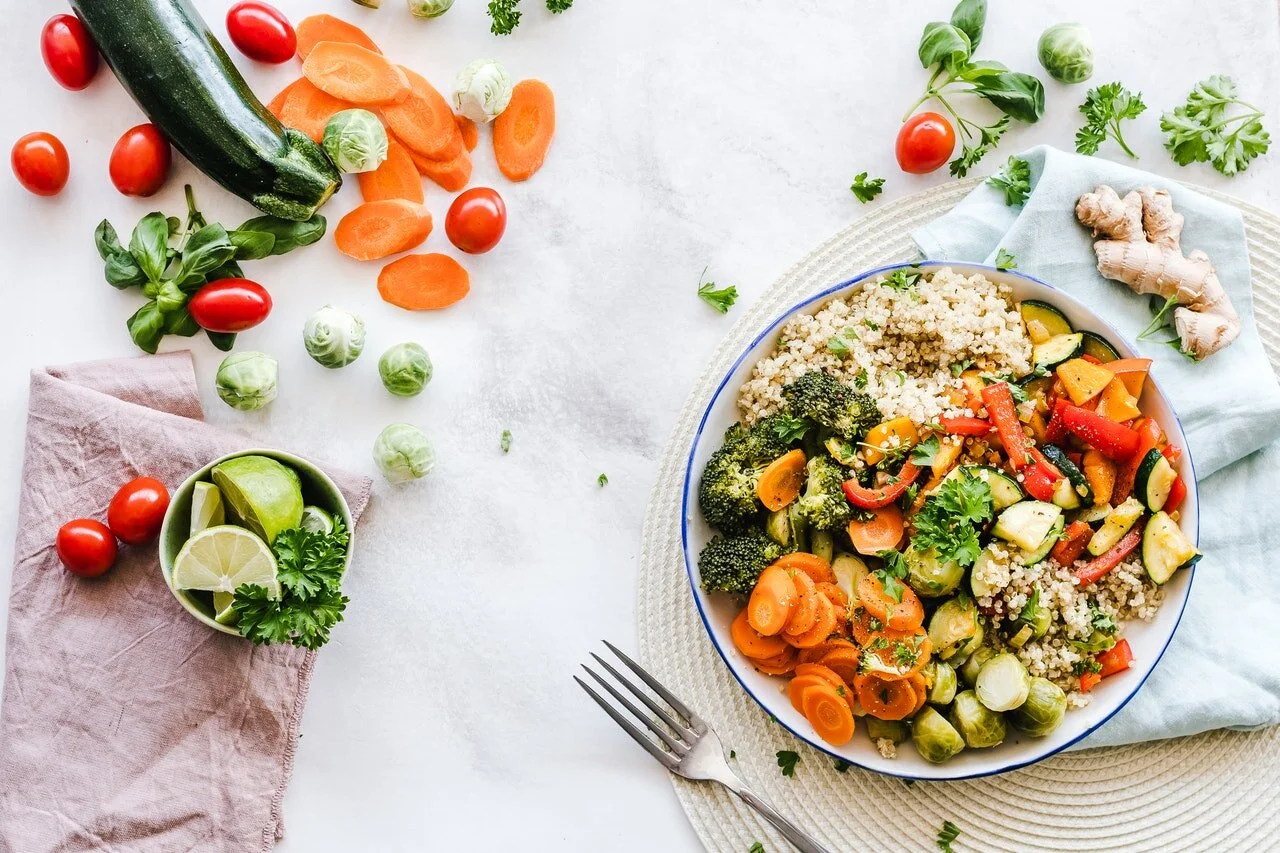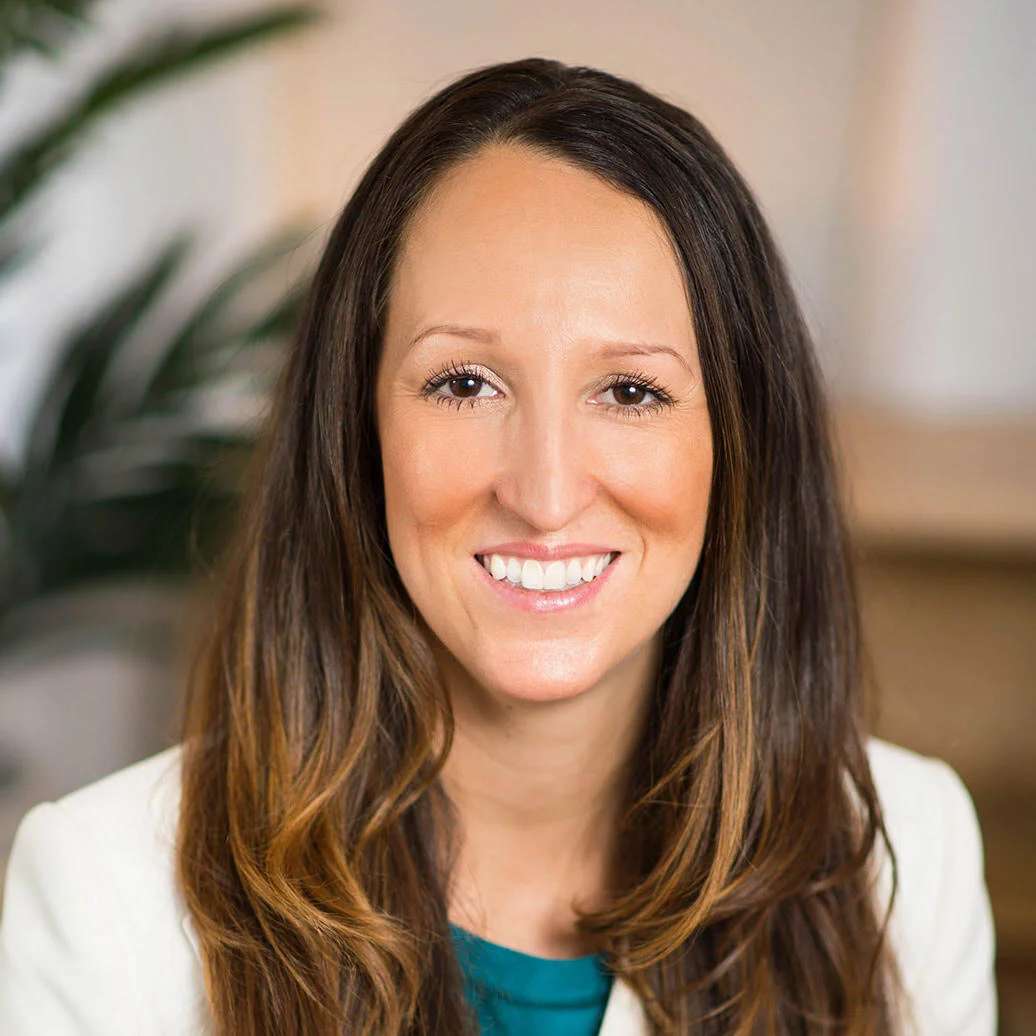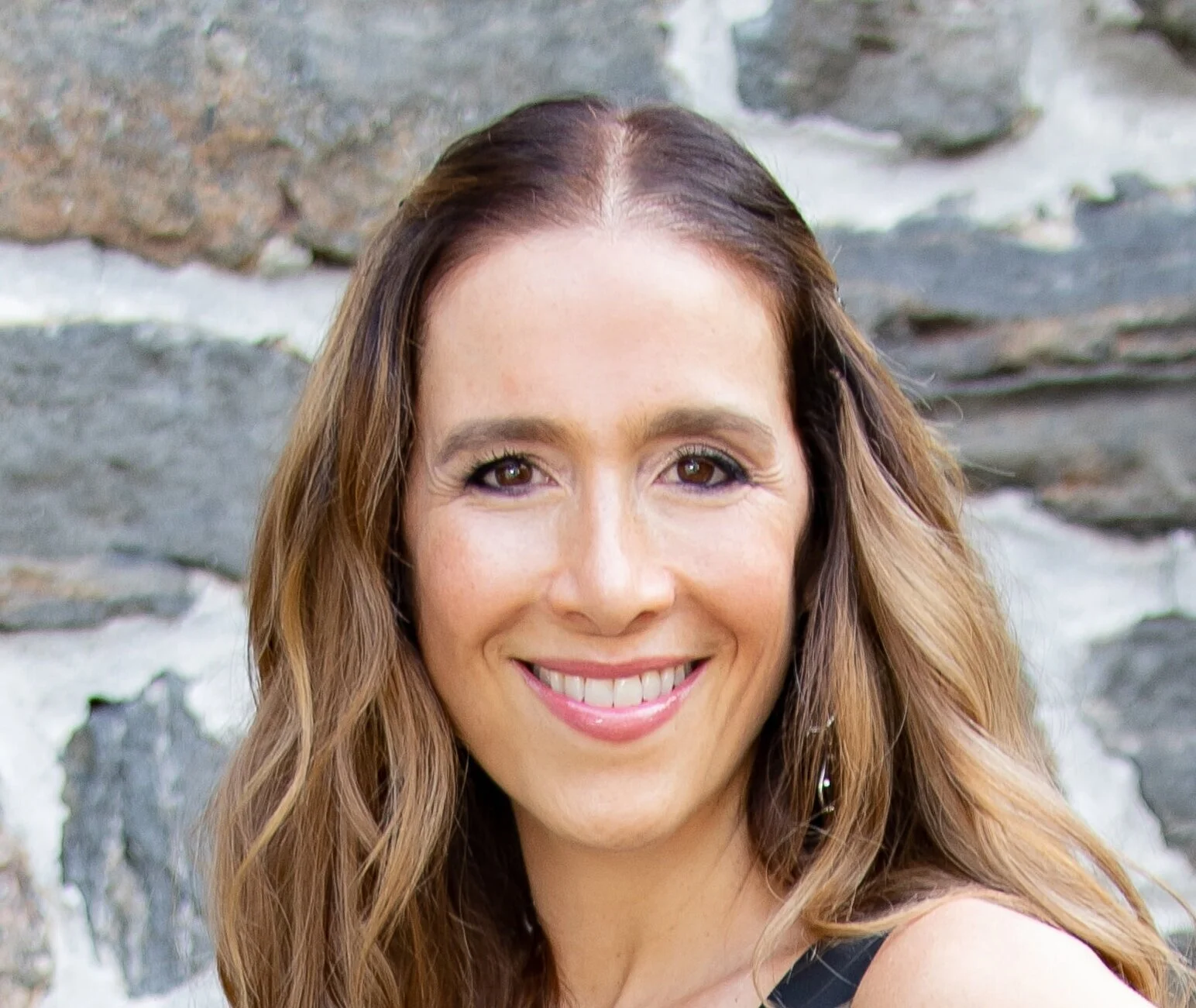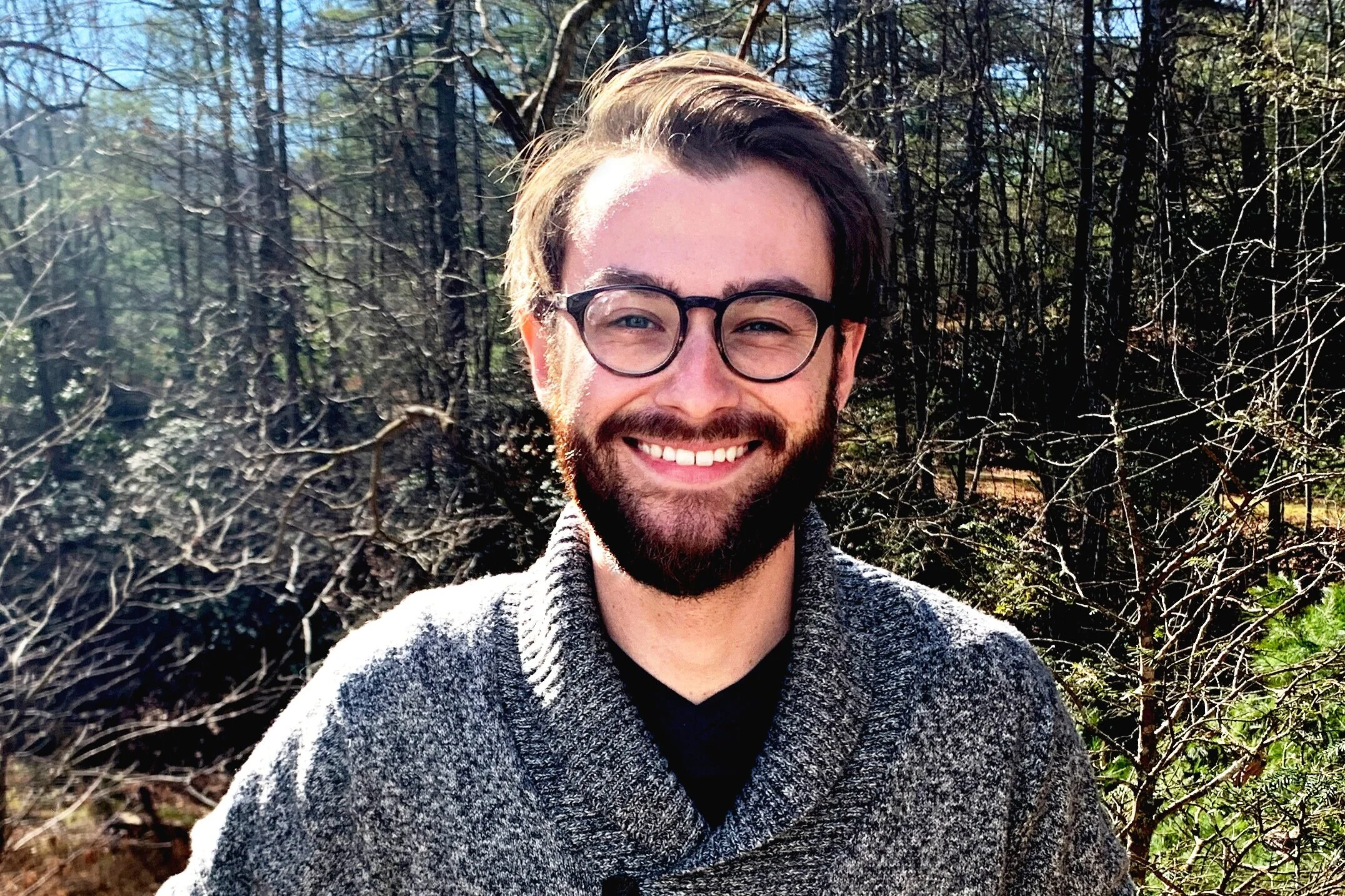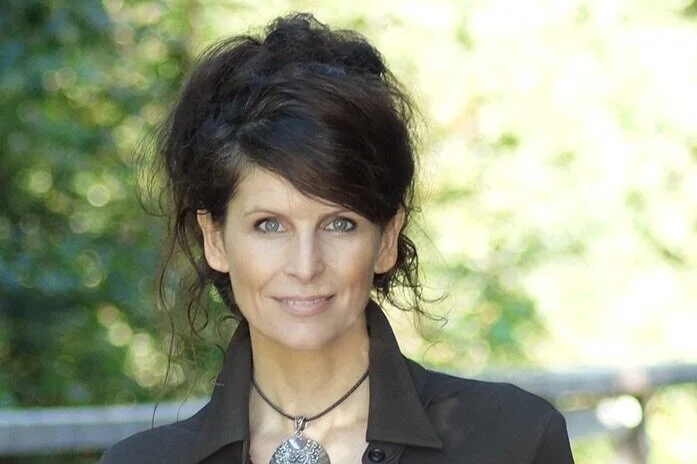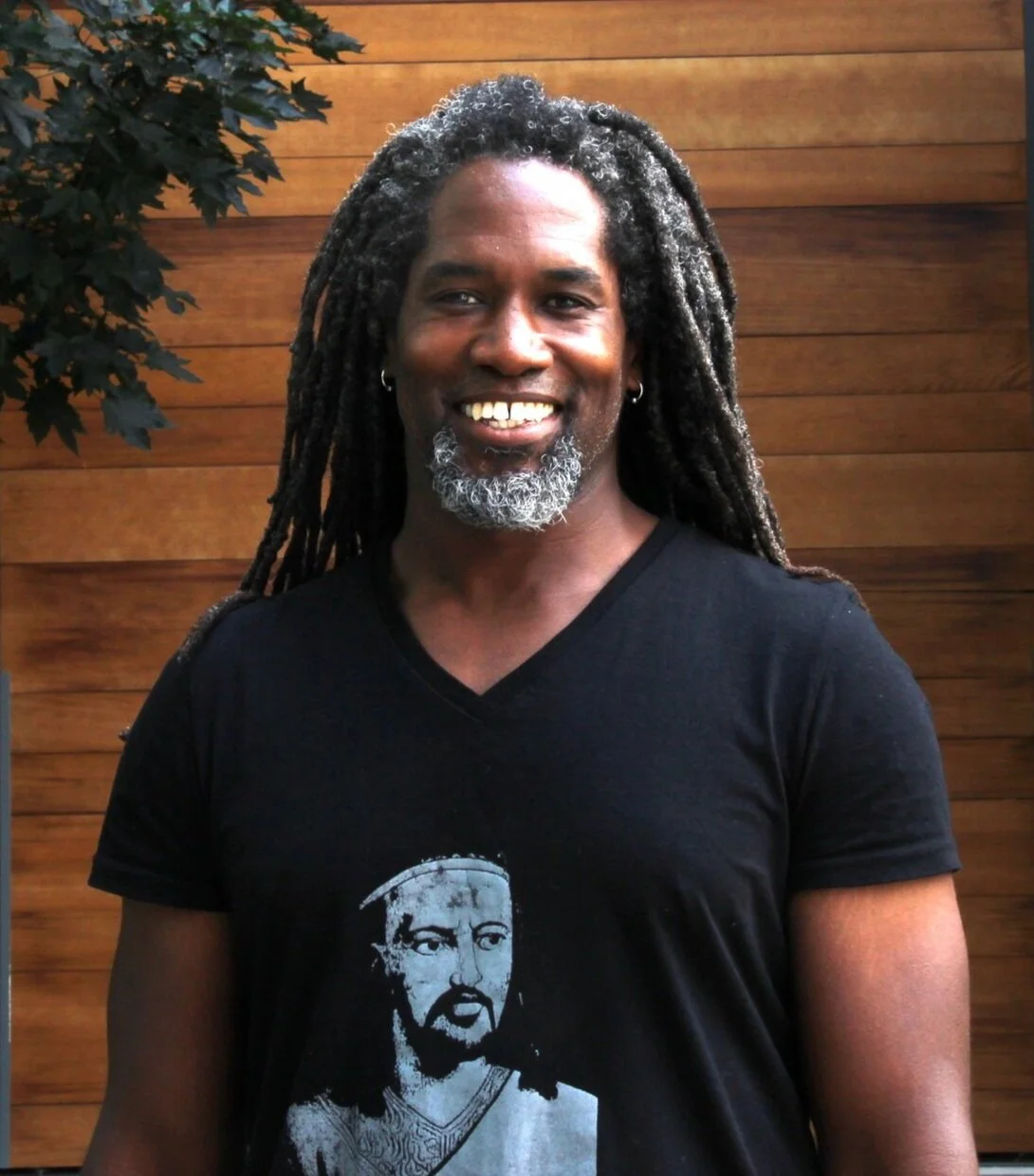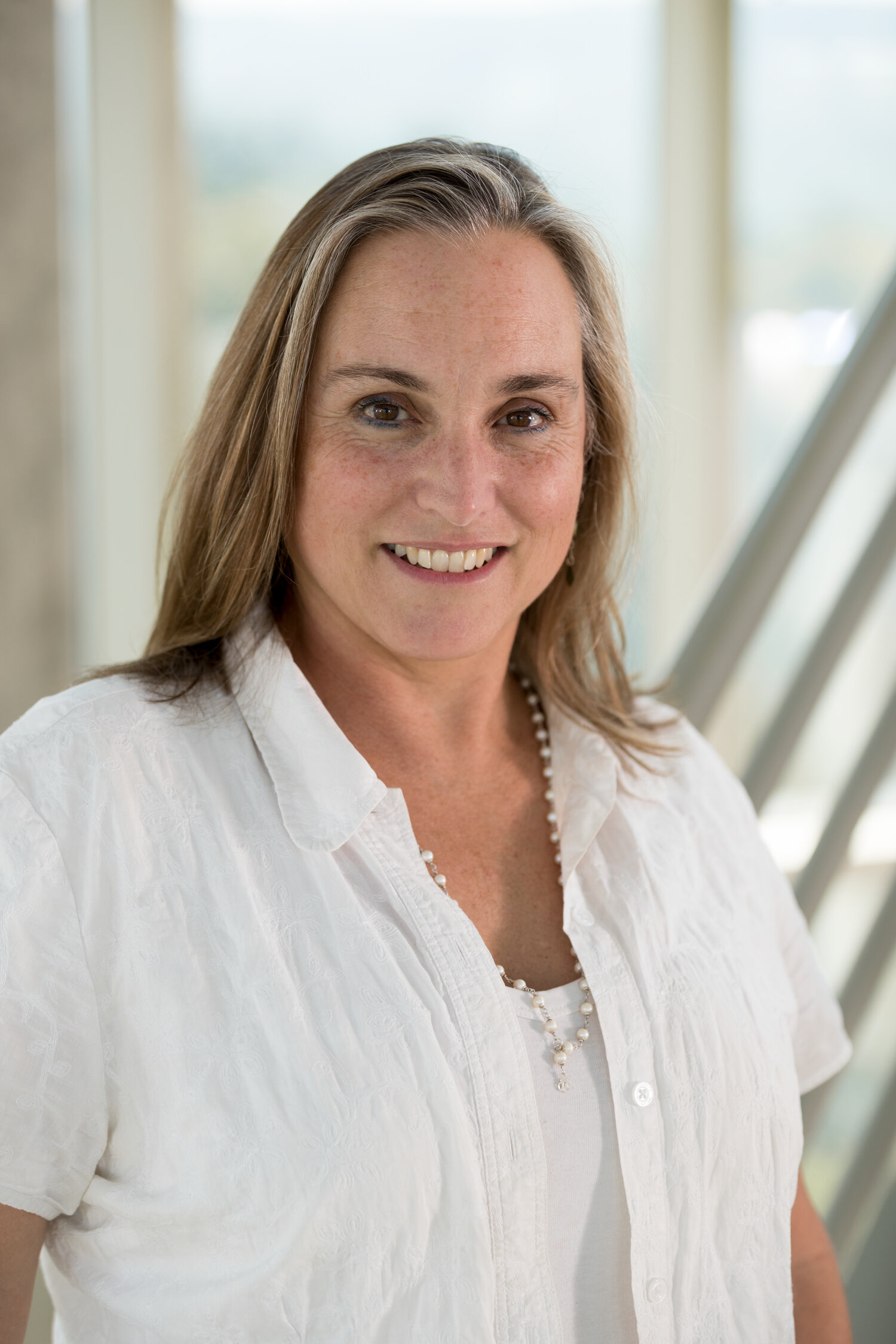#33 - Systematically Building a Regenerative Future | Brenna Simmons-St. Onge
Welcome to “The Elements of Being” podcast, where I dissect and explore the minds and habits of psychologists, filmmakers, writers, and industry icons. Essentially, we examine the mental and emotional narratives and processes that steer the social stream of consciousness….Truly a chance to geek out over the psychology behind human behavior. Each episode is a glimpse into the trends and patterns of human behavior and the underlying influences that navigate us into different directions. Whether we primarily focus on nutrition or the unconscious, guests share insights, thought-provoking lessons, the nuances of creativity, and the elements of being….us.
Today, I’d like to introduce you to Brenna Simmons-St. Onge, the Executive Director of The Alliance Center. She is a pragmatic visionary with over 15 years of leadership experience, including a decade in corporate social responsibility. During the pandemic, Brenna launched the Regenerative Recovery Coalition-a coalition with over 335 members working together to build Colorado towards a regenerative future. Through large public-private partnerships, Brenna is leading the Coalition to create equitable social structures that will foster shared prosperity on a healthy planet. As a dynamic change agent, Brenna leads with a nonprofit heart and a business mind leveraging holistic approaches to implement and scale solutions to some of the largest issues humanity faces.
In our interview, we break down the concept of a regenerative future and the individual and social efforts required for systems-level change, as well as the gap between idealism and pragmatism. We also examine how to secure the attention of policymakers and corporations and how they should rethink and measure success and growth within a capitalist system.
In this episode, we specifically discussed:
-How to personally balance living in our modern capitalist system while recognizing the significant challenges upon us.
-Transition from a corporate career to a values-driven professional path.
-The definition of the concept "regenerative future."
-How the Alliance Center has drawn the attention of governors and other politicians in Colorado.
-How Brenna and the Alliance Center choose the most appropriate focuses at a given time for driving systems-level change with regenerative business in mind.
-How we can bridge the gap between idealism and pragmatism.
-What's required in the "regenerative future" message to secure the attention of policymakers and corporations.
-How corporations and smaller businesses should rethink and measure success and growth within a capitalist system.
___________________________
To learn more about Brenna Simmons-St. Onge, visit https://www.thealliancecenter.org/.
